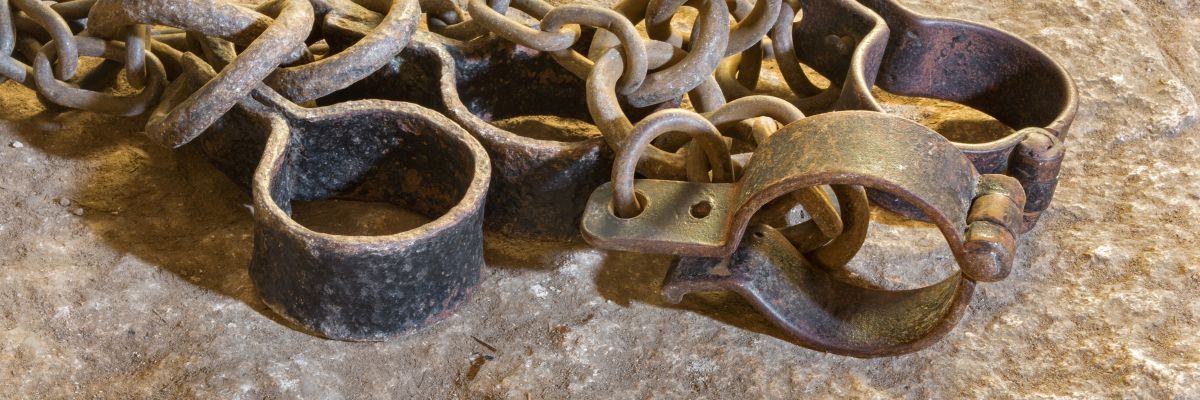
Question:
Answer:
The Catechism of the Catholic Church has a clear teaching on slavery as it applies to our times. It states:
The Seventh Commandment forbids acts or enterprises that . . . lead to the enslavement of human beings, to their being bought, sold and exchanged like merchandise, in disregard for their personal dignity. It is a sin against the dignity of persons and their fundamental rights to reduce them by violence to their productive value or to a source of profit. St. Paul directed a Christian master to treat his Christian slave “no longer as a slave but more than a slave, as a beloved brother . . . both in the flesh and in the Lord” (2414).
Note that the key phrase is “in disregard for their personal dignity.” Slavery is practically universal in human history, and not all kinds of slavery are the same. Not all forms of slavery in human society could be described as concretely against the human dignity of the slaves of a certain time, given the different conditions and great social inequality. It took centuries for society to develop to the point of recognizing every person as a subject or citizen of a state as well as of a household. As long as the household is the principal model of social order, then slavery tends to be a part of it. This was not always in disregard of human dignity but sometimes even as a way of preserving it.
We should notice that St. Paul does not suggest that the Christian master free his slave in the first-century Roman empire, nor does he allow slaves to run away or revolt. This was because in the conditions of that society Christians could respect the dignity of slaves better by keeping them or by gradually freeing them. St. Peter Claver had to own slaves in order to guarantee their good treatment, for example.
In our own time, we can safely say that all forms of slavery are contrary to the natural law and are not permitted to Christians. This is because the natural law is the work of human reason in determining the good to be done and the evil to be avoided. So progress can be made in the natural law, since progress can always be made in human reason. But once this progress has been made, one may not go back to the earlier position, even if, in the past, something now forbidden by the natural law was permitted. Another example of this kind of progress is the universal current prohibition of polygamy, even though it was permitted in the past.
The popes and Christian states attempted to regulate slavery in past centuries, requiring it to respect the family life and dignity of the slaves, their proper education in the faith, and their health and safety. It was not until Pope Leo XIII at the end of the nineteenth century that there was a general conviction on the part of the Magisterium of the church that slavery must be in every instance abolished.
The slave trade today, often called “human trafficking,” is a terrible problem right in our own country. It is really true to say that even though slavery is not legal, it is still present in our society.



